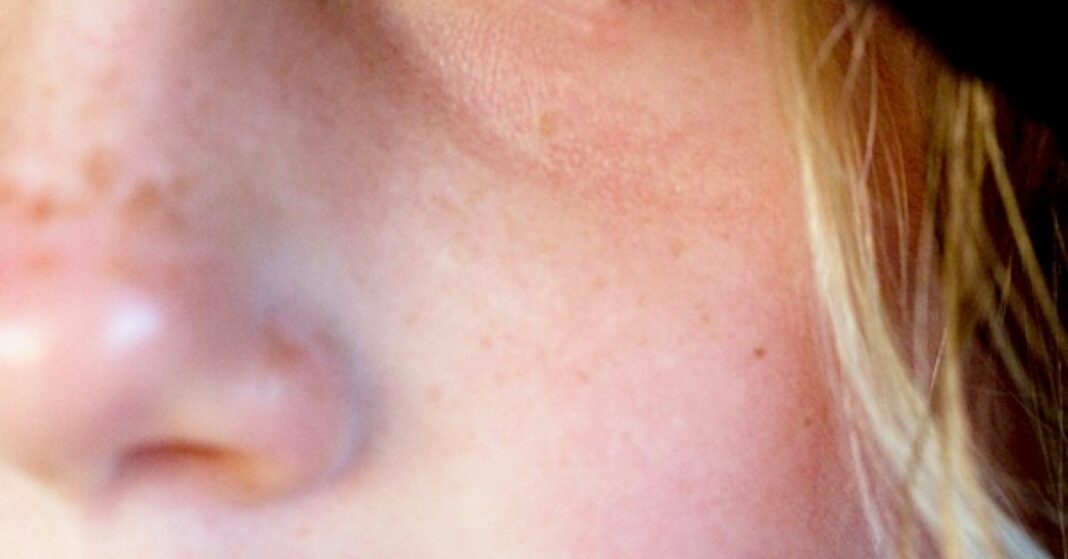Was It Childhood Trauma if I Was Privileged?
Childhood trauma is often associated with experiences of abuse, neglect, or instability in a child’s home environment. However, trauma can also manifest in more subtle ways, even in privileged environments. This article explores the concept of childhood trauma in privileged settings and how it can impact individuals later in life.
Defining Childhood Trauma
Childhood trauma refers to experiences that are emotionally painful or distressing and have lasting effects on a person’s mental and emotional well-being. This can include physical, emotional, or sexual abuse, neglect, exposure to violence, or other traumatic events.
Types of Childhood Trauma
While childhood trauma is often associated with overt forms of abuse or neglect, it can also take more subtle forms in privileged environments. For example, constant pressure to excel academically or in extracurricular activities, high expectations from parents, or feelings of isolation due to a lack of genuine emotional connections can all contribute to childhood trauma.
Effects of Childhood Trauma
Regardless of the form it takes, childhood trauma can have profound effects on a person’s mental health and well-being. This can manifest in various ways, including anxiety, depression, PTSD, substance abuse, and difficulties forming and maintaining relationships.
Privilege and Childhood Trauma
For individuals who grow up in privileged environments, it may be difficult to recognize or acknowledge the presence of childhood trauma. Privilege can provide material comforts and opportunities, but it does not guarantee emotional support or a nurturing environment. High expectations, pressure to succeed, and emotional neglect can all contribute to childhood trauma, even in privileged settings.
Recognizing Childhood Trauma
It is important for individuals who have grown up in privileged environments to recognize and address any childhood trauma they may have experienced. This may involve seeking therapy, practicing self-care, setting boundaries in relationships, and addressing any unresolved issues from childhood.
Breaking the Cycle
By acknowledging and addressing childhood trauma, individuals from privileged backgrounds can break the cycle of emotional neglect and create healthier relationships and environments for themselves and future generations. This can help cultivate resilience, self-awareness, and emotional well-being.
Conclusion
Childhood trauma can manifest in various forms, even in privileged environments where material comforts are abundant. It is important for individuals from all backgrounds to recognize and address any childhood trauma they may have experienced in order to promote emotional well-being and break the cycle of emotional neglect.
FAQs
1. Can childhood trauma occur in privileged environments?
Yes, childhood trauma can occur in privileged environments, albeit in more subtle ways. Emotional neglect, high expectations, and pressure to succeed can all contribute to childhood trauma, regardless of economic status.
2. How can individuals from privileged backgrounds address childhood trauma?
Individuals from privileged backgrounds can address childhood trauma by seeking therapy, practicing self-care, setting boundaries in relationships, and addressing unresolved issues from childhood. It is important to acknowledge and process any trauma in order to promote emotional well-being.
3. What are some signs that indicate childhood trauma in privileged settings?
Signs of childhood trauma in privileged settings may include chronic anxiety, depression, difficulty forming and maintaining relationships, substance abuse, and feelings of inadequacy or low self-worth. These signs should not be disregarded, regardless of economic status.




